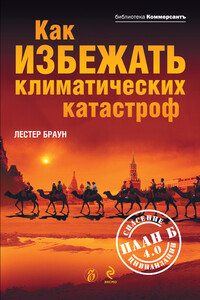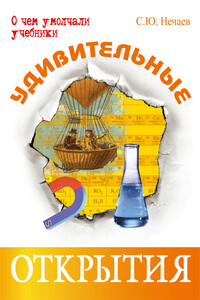Английский язык для специальных и академических целей: Международные отношения и зарубежное регионоведение. Часть 1 | страница 53
Among advanced societies, we are the richest — and the most unequal. In 1995, Americans' incomes averaged roughly 20 to 30 percent above those of Europe and Japan. But the richest 90th percentile>27> of Americans have incomes nearly six times higher than the poor at the 10th percentile. In Germany, the same ratio is 3 to 1; in Canada and Italy, it's about 4 to 1.
We have the most successful democracy — and among the lowest voter turnouts. In the Gallup poll, more Americans (64 percent) were satisfied with democracy than people anywhere else. Canadians (62 percent) were closest; Britons (40 percent) and Japanese (35 percent) were well behind. Yet, in nonpresidential elections, less than half of eligible Americans vote.
Although decidedly moralistic, we have one of the world's most violent societies. In 1990, the American murder rate was more than twice as high as Germany's and nine times higher than Japan's.
Contradictions abound. “Concern for the legal rights of accused persons and civil liberties in general is tied to opposition to gun control and difficulty in applying crime-control measures,” writes Lipset. Naturally, Americans are among the world's most gun-owning peoples. In 1993, 29 percent of U.S. households had handguns, compared with 5 percent of Canadian and 2 percent of Australian.
To some extent, the proof that our virtues and vices are connected comes from abroad, where the advance of American values has created a natural experiment in social change. The loosening of tight social controls in Russia, China and South Africa has led to more freedom — and crime. In Europe and Japan, prosperity and the celebration of individuality have coincided with more divorce and crime. Between 1970 and 1991, divorce rates rose 40 percent in Germany and 50 percent in Japan (though both remain well below U.S. levels).
The American Creed was already well established by the 1830s, when Alexis de Tocqueville first described it. Even in Colonial times, America was less rigid socially than Europe. Land was a great leveler. In America, most farmers owned it; in England, 60 percent of the population didn't. Still, Colonial America brimmed with hereditary privileges and arbitrary power. In a 1992 book, historian Gordon S. Wood of Brown University argued that the decisive break occurred during the Revolution itself, which created a social and intellectual upheaval.


